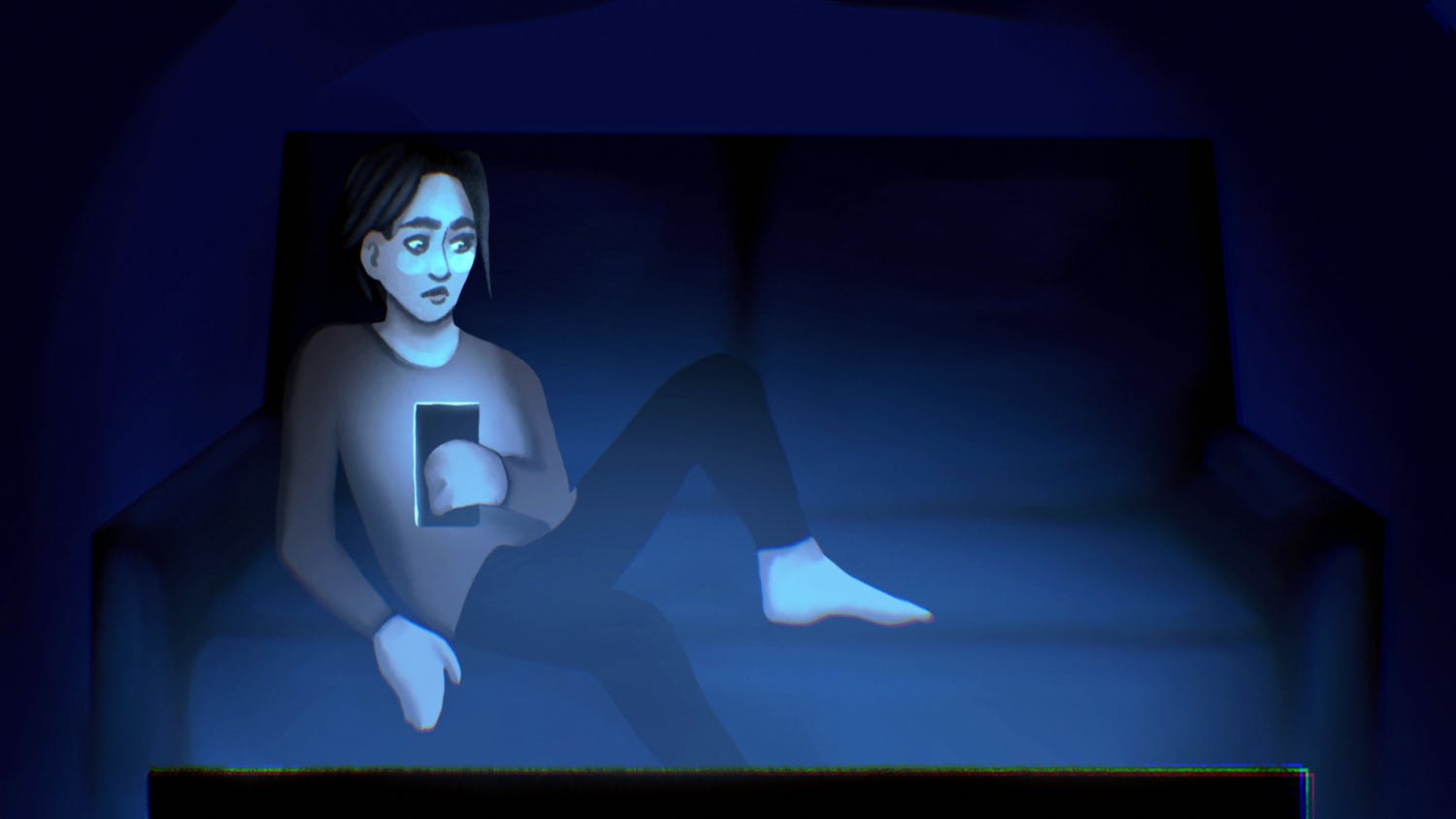Surrealist film director Luis Buñuel's films and I became acquainted a little more than two years ago when I found myself curious about how he influenced some of my favorite directors such as David Lynch ("Mulholland Dr.") and Terry Gilliam ("12 Monkeys"). I was able to watch "The Discreet Charm of the Bourgeoisie" and "That Obscure Object of Desire" to view his later works and even "Un Chien Andalou" and "L'Âge d'or" to get a taste of earlier material. While I never found myself fascinated with Buñuel's work, I still understood what he was trying to accomplish and enjoyed it to an extent. That was until I saw "The Phantom of Liberty."\nI would describe the plot to you if there was a concrete plot to describe, but there isn't. My first recommendation is to watch the introduction on the DVD by screenwriter Jean-Claude Carrière, who explains what the film is going for. Buñuel and Carrière wanted to make a film that had no conclusions and left storylines unresolved. For example, take the opening sequence in which Napoleon's army has taken a village and begins executing the opposition: just as the commander is about to make a decree to his unit, the film suddenly cuts to modern-day France where a woman is reading the previous scene aloud only to be interrupted yet again. "Phantom" continues to do this over and over and while some parts are quite amusing, it also becomes rather annoying when you actually begin taking interest in a character's story. \nExtras on the DVD are rather slim as there is only the video introduction from Carrière and the theatrical trailer. I would say, though, that the introduction is quite essential, otherwise the film would appear to be even more confusing. There is also a booklet which includes an essay by critic Gary Indiana and an interview with Buñuel from the 1970s. \nPersonally, I found "The Phantom of Liberty" to be a bit too ambitious. With Buñuel's other films there is always a sort of critique. "The Discreet Charm of the Bourgeoisie" takes a blow at the French upper class and "The Obscure Object of Desire" comments on marriage and infidelity. With "Phantom" there are too many ideas going on at once to gather a clear message but that doesn't mean it is a bad film, considering it still looks great and has its humorous moments. I would recommend checking out Buñuel's other films, especially "The Discreet Charm of the Bourgeoisie," before taking your chances with "The Phantom of Liberty"
The 'Phantom' of surrealism
Get stories like this in your inbox
Subscribe





